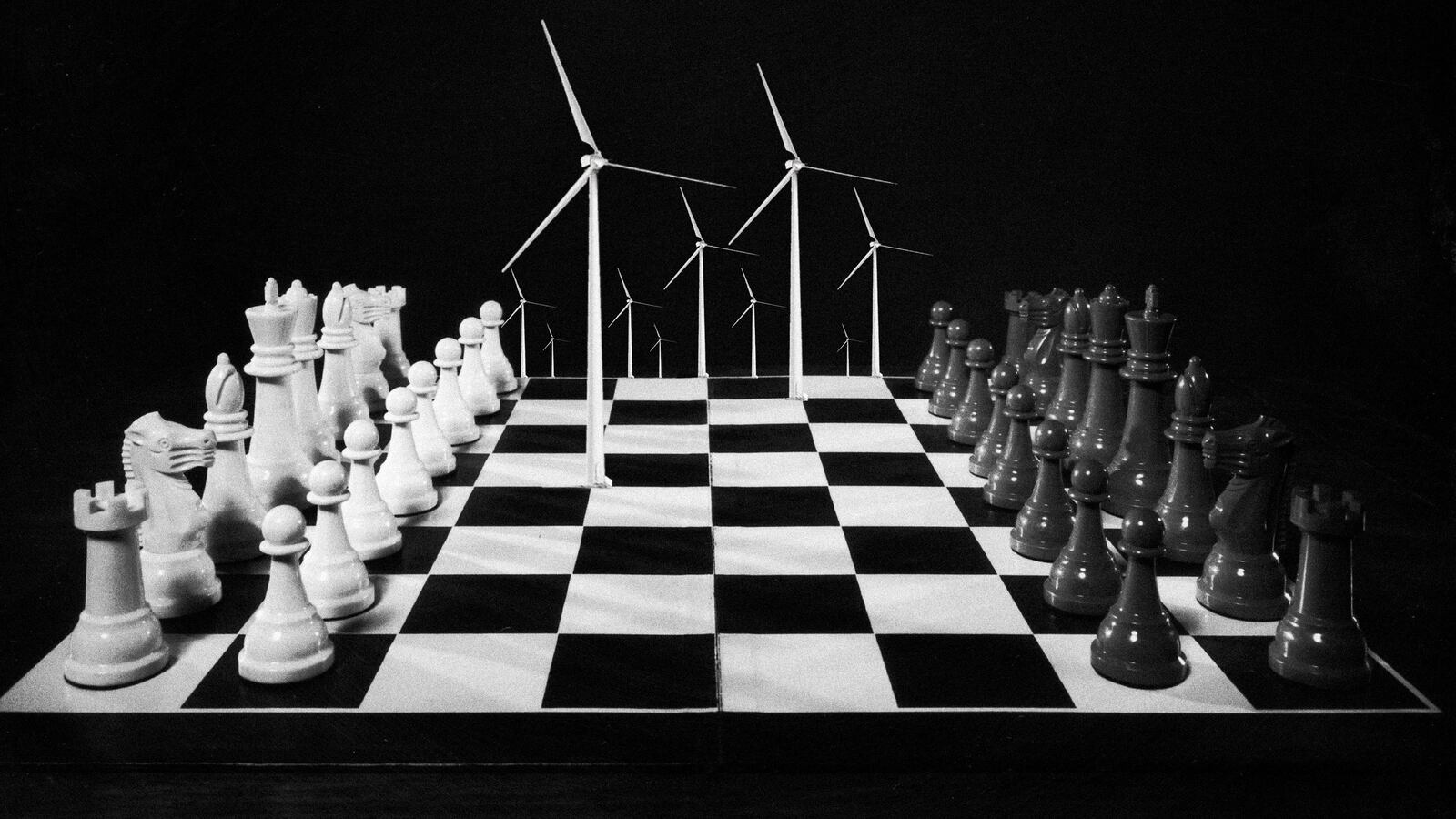Here’s a new excuse for blundering your queen: MIT researchers found that chess players perform worse when the air quality is bad.
A new study published on Jan. 26 in the journal Management Science found that the amount of fine particulate matter in the air directly correlates to chess performance. Even a modest increase of air pollution results in a 2.1 percent increase in the probability that players make a mistake. There’s also an increase of 10.8 percent in the magnitude of the mistakes—which means that they’re more costly for players.
“We find that when individuals are exposed to higher levels of air pollution, they make more more mistakes, and they make larger mistakes,” Juan Palacios, an economist in MIT’s Sustainable Urbanization Lab and co-author of the paper, said in a statement.
The study’s authors analyzed the games of 121 chess players in three eight-week tournaments in Germany from 2017 to 2019. They also utilized air quality data gathered from sensors inside of the tournaments’ venues to measure ambient carbon dioxide, fine particulate matter, and temperature levels. For player performance, the researchers used a chess software that analyzed the quality of each move.
They found that the concentration of fine particulate matter ranged from 14 to 70 micrograms per cubic meter of air—which is roughly equivalent to levels found in the streets of U.S. cities. After accounting for the players’ skill levels and external factors that could impact play like background noise, they discovered that there was a strong correlation between increased air pollution and player performance: Higher levels of fine particulate matter in the air led to players making more mistakes.
The researchers also found that the issues were only exacerbated if the players were under time pressure. The rules required them to make 40 moves in 110 minutes. However, an air pollution increase of 10 micrograms per cubic meter led to a 3.2 percent increase in errors in moves 31 through 40.
“It’s pure random exposure to air pollution that is driving these people’s performance,” Palacios said. “Against comparable opponents in the same tournament round, being exposed to different levels of air quality makes a difference for move quality and decision quality.”
This new study adds to the body of evidence that shows that poor air quality results in cognitive declines. Not only has car pollution been found to lead to an increase in dementia in communities, but it’s also led to infants showing signs of Alzheimer’s. This study also builds off of past research that has found that increased air pollution results in worse chess performances from players.
The bottom line is that air pollution is horrible for us no matter where we are. The study’s authors even note that the findings show “strong implications for high-skilled office workers.” So clean air is not only crucial for the planet—it’s also important for our brains.
At the very least, now we can blame our horrible chess game on something besides our skills.







